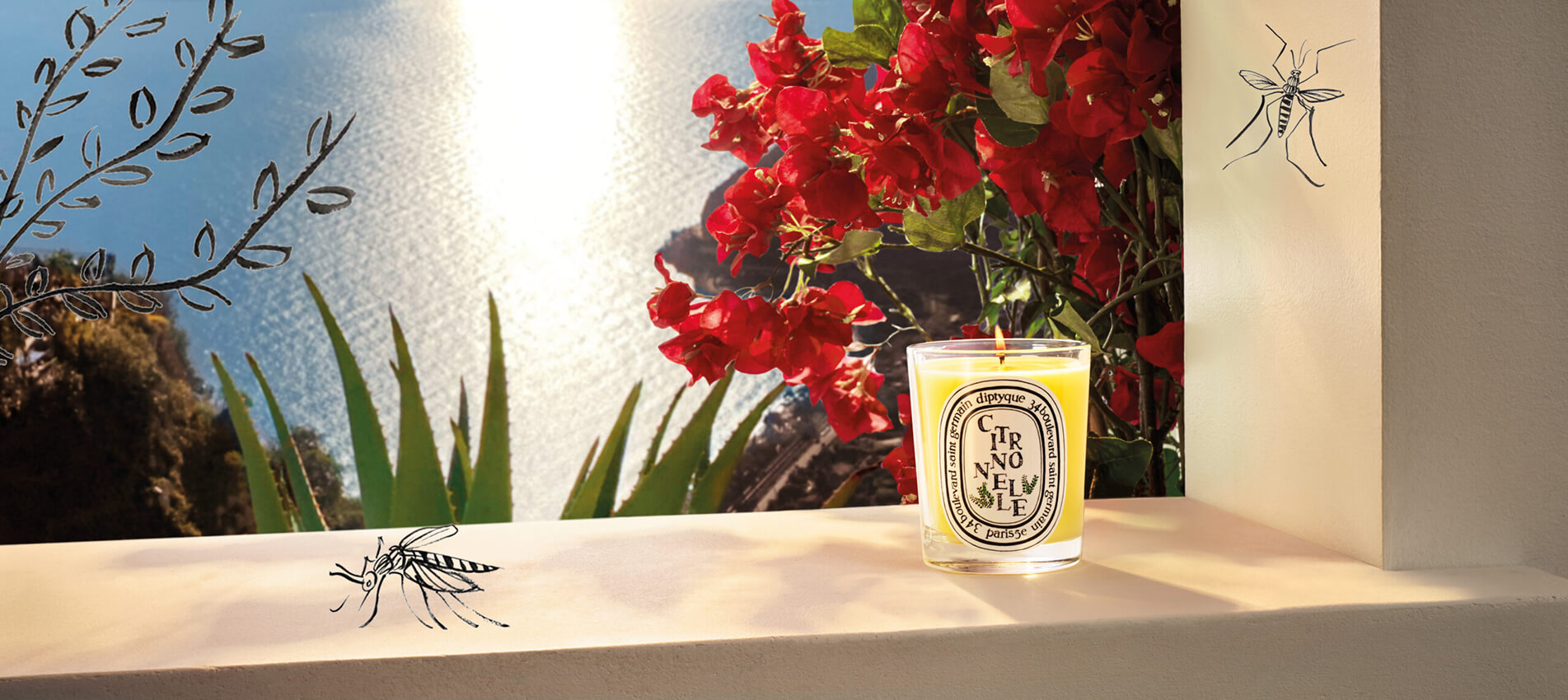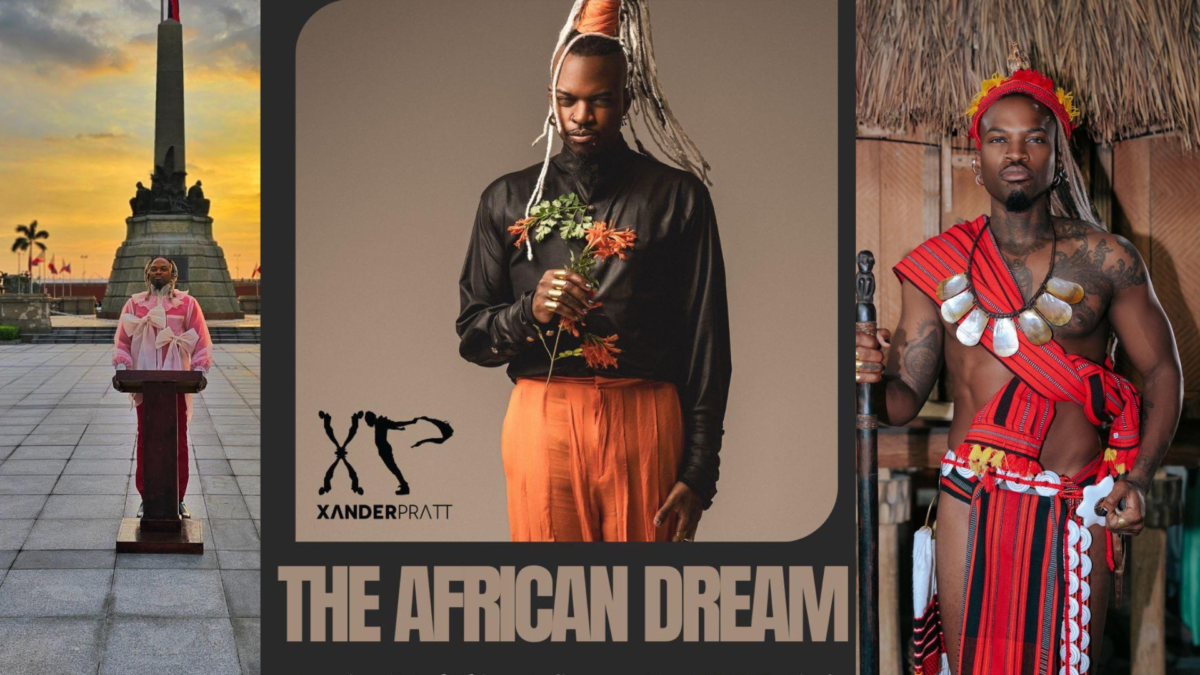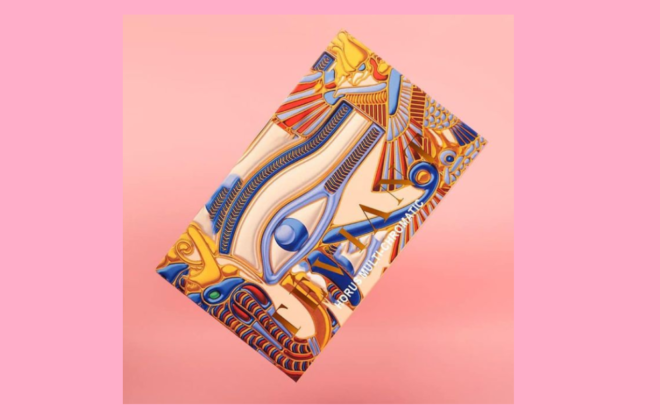Music Visionary: Rap Artist Xander Pratt Thinks Cultural Appropriation Is Just Another Form of Division
Taguig City, Philippines — Pan-African hip hop musician Xander Pratt thinks “we should cancel cultural appropriation for good” and “advocate for culture appreciation instead.”
Pratt believes that the idea of planting seeds of extreme hate and negative criticism using “cultural appropriation” as the valid ground reason for anger, is just another tactic to spread hate and division among races and cultures across the world.
Known for his upbeat music production and soulful hip hop lyrics that talk about self-love, positive vibes and creativity (instead of the usual theme of Western hip hop such as alcohol, sex & drugs), Xander wants to talk about meaningful self-love journey, soulful introspection and art. And he wants to reframe the hateful mindset using “cultural appropriation” as an excuse.
He wants to push “culture appreciation” instead, as seen in his artistic music videos that feature collaborations between creative industries around the world.
In an interview with Stylish Magazine via Style Visionary Network, Pratt reminded his fans that his deep immersion in varied Asian cultures and arts under the supervision and support of UNESCO and UNESCO-International Theater Institute (ITI) through AsiaTV almost entire 2023, allowed him to see for himself that Asia and Africa have a lot in common than we think. Be it history, culture, arts and sensitivities, the Afro-Asia-Latin connectivity and global south initiative being pushed by XP and UNESCO PH secretariat production group AsiaTV are not all that complicated.
AsiaTV is a film, art and creative production group based in the Philippines, which serves as the advocacy group and secretariat of UNESCO-ITI Asia — as founded and led by global communications expert and peace activist Regine Guevara. AsiaTV has presence in the Philippines, Morocco and Brazil.
During his Asia tour sponsored by UNESCO, Zimbabwe-born musician Xander had an artist immersion across the 17 regions of his artist residence in Asia: the Philippines. The result was fabolous: a 17-track record titled “Fireflies: Follow the Magic” along with a visual album of the same name.
“Fireflies: Follow the Magic” is a tapestry of creative music videos and positive hip hop songs “inspired by the various creative energies across different regions of the Philippines”, as shot across Asia, Africa, and soon, Latin America.
Xander has been named as “the first black sultan” as bestowed upon him by Manubo tribe in the Philippines. The “Way Up” singer finds it easy to connect with the Moros in Mindanao, Philippines as Morocco, a Moro-rooted country, has been a place where he has honed his art form and music genre.
Moro in Morocco stands for Moro people, or Muslim people with Austronesian roots. Both Morocco and the Philippines have Bangsamoro people. In Mindanao in the Philippines, there are 13 Muslim-majority ethnolinguistic Austronesian groups of Mindanao, Sulu, and Palawan, native to the region known as the Bangsamoro. As Muslim-majority ethnic groups in the Philippines, they form the largest non-Christian population in the Philippines. Moros, who are descendants of the early Malay, Arab, and Indian migrants into the Philippines from as early as the 13th century, belong to three ethnic groups: the Maguindanaoans, the Maranaos, and the Tausugs.
Xander filmed his carrier single “Way Up” in Basilan, Mindanao in the Philippines where most Filipino Moro people reside.
During a live interview and rap performance in Manila-based radio station Magic 89.9, Xander explained how his art and music tour came about in Asia.
“While in Morocco, Regine Guevara actually had a fashion show there, and Regine has worked a lot with the United Nations (prior to that). And we started to talk about how we can start to create more bridges between Africa and Asia because there’s so much unknown stories between us and we’re both royal, regal states. We’re from the land of kings and sultans. So we said ‘okay, let us do this under the purview of the United Nations or UNESCO, just so that the bridge is valid and we start to create it’,” he said.
“Then I came here (in the Philippines) and then met UNESCO Artist for Peace Cecil Guidote-Alvarez, and the rest was history,” Xander narrated during his live interview with DJ Hannah of Manila-based radio station Magic 89.9.
A fashion virtuoso and clothing designer, Xander comfortably dons Asian–inspired wardrobe, and he believes it is not at all “cultural appropriation” but actually, “culture appreciation”. Especially since he deeply studied and immeresed himself in varied rich cultures in Africa, Asia and Latin America under the guidance of AsiaTV and UNESCO-ITI.
Xander being named “the first black sultan” as supported by UNESCO, and as bestowed upon him by the Manubu royalty tribe members themselves from the Philippines is groundbreaking. The history-making feat has made him and his art “Afro-Asian”, a strategic term used to emphasize connectivity among humans, to then promote love, unity and peace among us.
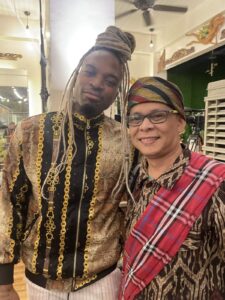
Using the phrase “Afro-Asian” is such a great strategy, coining two different words as one powerful phrase that can affect the psyche of human beings for the better.
Even the late former Philippine president Noynoy Aquino, or fondly called PNoy, renamed the South China Sea into the West Philippine Sea in an effort to help solidifying the psyche of Filipinos when it comes to owning our Philippine territories, and defining our identity as a melting pot Asian country with Latin America, Moro and Asian influences. This made history as PNoy’s courageous decision to file the country’s case against China’s territorial claims eventually handed down its historic ruling in July 2016, invalidating China’s sweeping claims in the South China Sea.
Afro-Asian Connectivity Against Cultural Appropriation
With his own fashion label inspired by the fusion of Moroccan kaftans and Japanese kimonos which he models himself, surely Xander knows a thing or two about culture appreciation. The XP Collection is at the front and center of his theater show, “The African Dream” which he launched in Africa and will be bringing in Latin America and Asia in November 2023.
Xander Pratt’s fashion label represents the opulent nature of African design, and at the same time, the premium fabrics of the local industry. The collection is predominantly in gold palette, inspired by the designer’s fascination with the shared traditions of royalty — inspired by his second home Morocco. The XP Collection is available online, and on www.xanderprattcollection.com.
In recent years, claims of “cultural appropriation” thrown against reality TV stars Kylie Jenner and Kim Kardashian for their fashion and beauty choices have validated hateful debates on social media using “cultural appropriation” as a good reason, even an excuse, to start hate.
In fact, just in 2020, reports said Kylie Jenner “wants to be a black woman so bad” according to an InStyle article.

The reports were based on Kylie sharing a picture of herself from an old photo shoot, reportedly wearing her platinum blonde hair in twists. This hairstyle is a protective style in the African American community that women can legally get fired for wearing. The backlash on social media began to roll in, with one commenter stating, “On a black woman, they would call this style ghetto.”
Kylie’s sister, Kim Kardashian, also faced backlash for almost naming her shapewear line “Kimono” initially, inspired by the Japanese culture. The shapewear fashion line was eventually named “Skims”.
The pain point of American-African women should not be overlooked or ignored though, as Western colonialism can indeed hurt an American-African woman’s self-esteem. For example, Kylie Jenner’s famous plumped lips have been seen as trendy and cool by the world. While the natural thick lips of black American women can attract bullying in previous decades. Traits of the subordinate culture are “cherry picked” by someone of a dominant culture, so to speak. Often, the appropriation serves to reinforce the established power dynamic and ends up harming the marginalized culture.
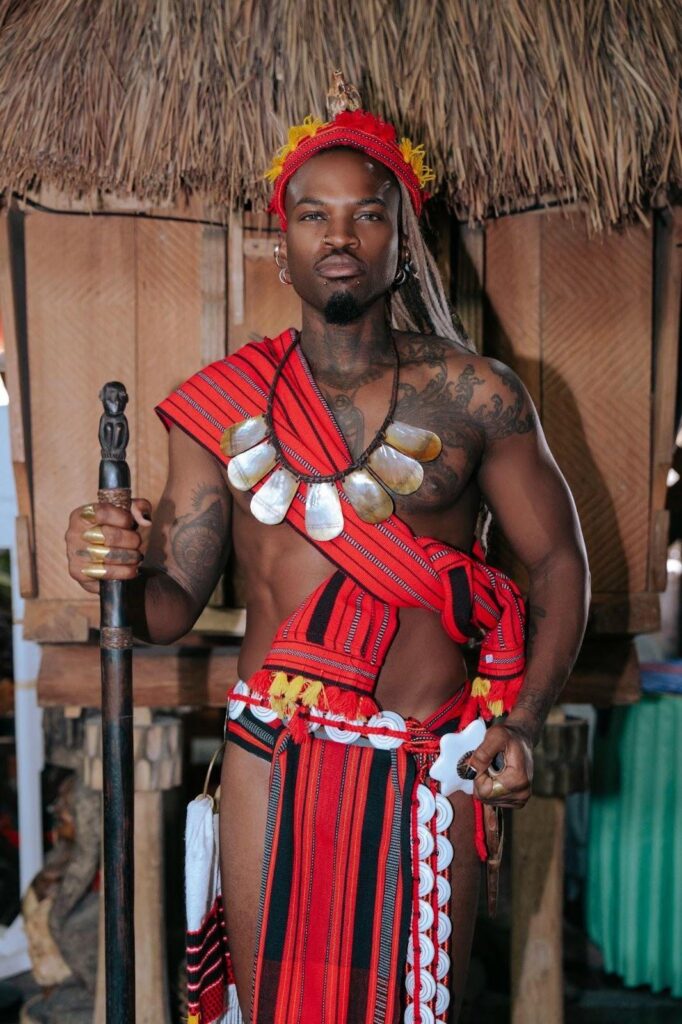
This is the kind of conversation that Xander wants to talk about in his music, art and tours. Because if a black Ghana-grown artist like himself has been embraced by an Asian indigenous tribe in the Philippines, while exploring the deeply rooted history of the Afro-Asian-Latin community, surely we can love both cultures at the same level, and therefore should not start hate and division among us. The solution to the problem rooted in the supposed cultural appropriation, is actully cultural education, culture appreciation and cultural diversity.
XP has been advocating the promoting of varied cultures in the global south with the guidance of AsiaTV and UNESCO-ITI, which the group talked about in a summit in Russia a couple of months back.
XP in Brazil, Latin America
This year on UN Day (October 24), Pratt encouraged artists and leaders around the world to come together for peace at a speech event and media gathering at Rizal Park, also known as Luneta Park, in Manila, Philippines. The hip hop artist also called for ‘cultural diversity’ – a term defined by the United Nations as the common heritage of humanity which impacts the development of present and future generations (UN OCHA 2001).
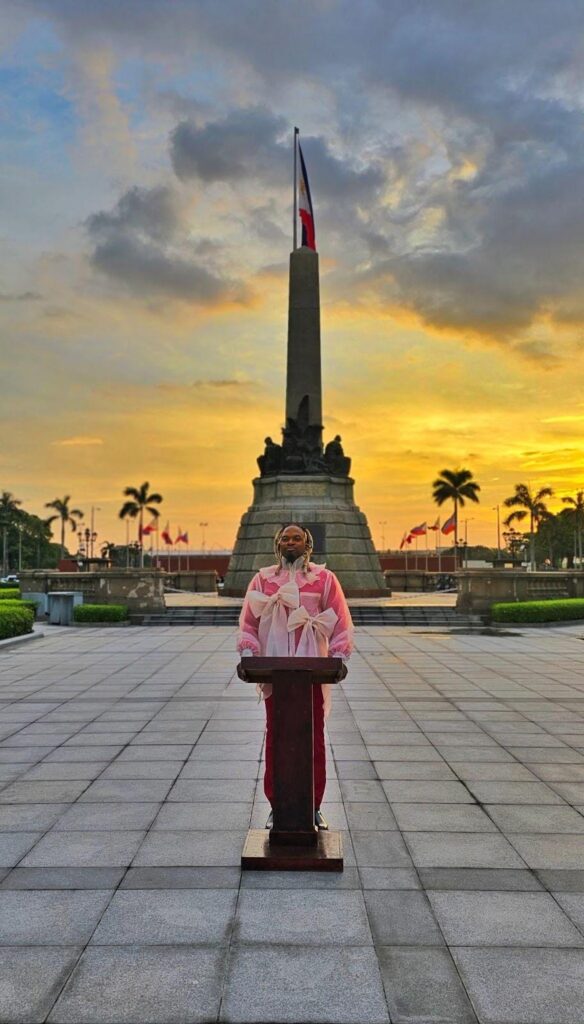
En route to his next continent of destination, Latin America, let’s see what’s the next level of synergy.
Bearing the torch is Pratt’s original screenplay The African Dream, a fusion performance of dance, music, fashion and other art, which begins with a little black girl’s dream and how it can be found not only around Africa, but in the spirit of Mother Africa around the world. It was first screened in Rabat, Morocco in front of ministers and heads of states by Africa 50, and will soon be performed with ITI country offices around the world. According to Getrude Manhamo, Vice President of the ITI Social Change Network, “We are proud of Xander and fellow Zimbabweans, coming from a peaceful country with a deep history as fighters, warriors, caregivers and above all custodians of cultural heritage preservation.”
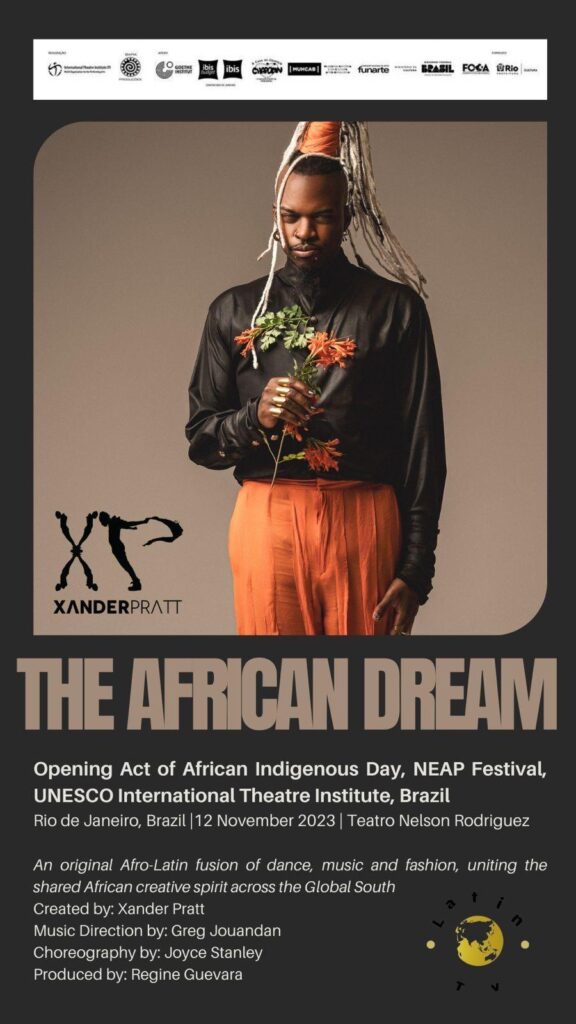
“The African Dream is really about appreciating all cultures with the sense of sensitive carefulness of really studying the culture, which we should encourage among all of us. Because we are all a part of a family called the human race, and it should not be considered bad to study, appreciate and enrich all colors of cultures and arts that we all experience along the way,” Xander concluded.
“Xander Pratt’s work shows the public different artistic manifestations through the combination of music, dance, clothing and performances. Thus creating, in “African Dream”, a space to celebrate the union and expression of these cultures, ultimately contributing to their preservation, dissemination and glimpse of their future,” said Guilherme Alves, an Afro-Latin dancer from Brazil under UNESCO-ITI, who will perform with XP in Brazil for The African Dream.
Using the power of art, fashion and music to advocate peace and unity among races is indeed one of the strongest attributes of hip hop artist Xander Pratt. Stream the “Fireflies: Follow the Magic” album on Spotify to listen to his music, and follow him on socials for hist latest art endeavors!






